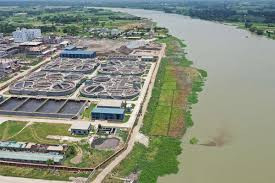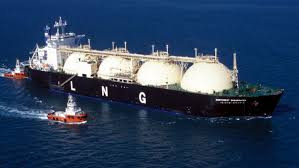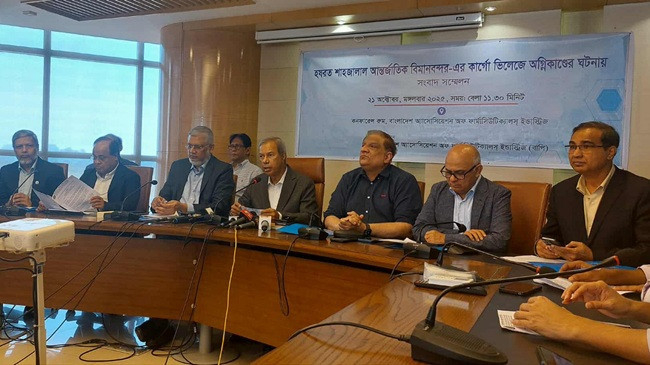Six vessels depart Chattogram port without loading cargo due to strike
Share This
Operations at Chattogram Port have been severely disrupted after six vessels departed without loading 1,065 export containers due to an ongoing strike by clearing and forwarding (C&F) agents and transport owners.
For the past two days(18th-19th Oct), heavy vehicle owners have suspended the transportation of goods and containers in protest against a recent increase in port charges. At the same time, the Chattogram C&F Agents Association observed a four-hour work stoppage on Sunday morning, further exacerbating the situation.
The transporters began their strike on Saturday morning, 18th October, in response to what they described as a sudden and unilateral 30% hike in the gate pass fee from Tk 57 to Tk 230, which was implemented without prior consultation.
According to Khairul Alam Sujon, Director of the Bangladesh Shipping Agents Association, the affected vessels—Express Lhotse, MSC Kavaya-2, Seoul Resilience, Interasia Forward, Amalfi Bay, and MSC Sizing—departed from the JCB, CCT-1 & 3, and NCT-2, 3 & 5 jetties without completing their cargo loading.
He explained that the missing containers were destined for ports in Singapore, China, Sri Lanka, and Scotland. He also added that delays in container deliveries to the port had caused the disruption, and the departure of these vessels without full loads could affect transshipment schedules at downstream ports.
Industry sources report that container delivery volumes have dropped by nearly 45% over the past four days. Which is alarming.
“If the strike had continued for another two days, inland container depot (ICD) operations would have collapsed,” warned Ruhul Amin Sikder, Secretary General of the Bangladesh Inland Container Depot Association (BICDA).
Former Director of BGMEA Belayet Hossain noted that even minor delays in raw material deliveries can significantly increase production costs.
Exporters have expressed serious concern that missing scheduled sailings could result in delayed deliveries, higher costs, and reputational damage to Bangladesh’s export sector.
In response to the crisis, the Chittagong Port Authority (CPA) has entered into discussions with protest leaders and indicated that a resolution to the dispute may be reached soon.





